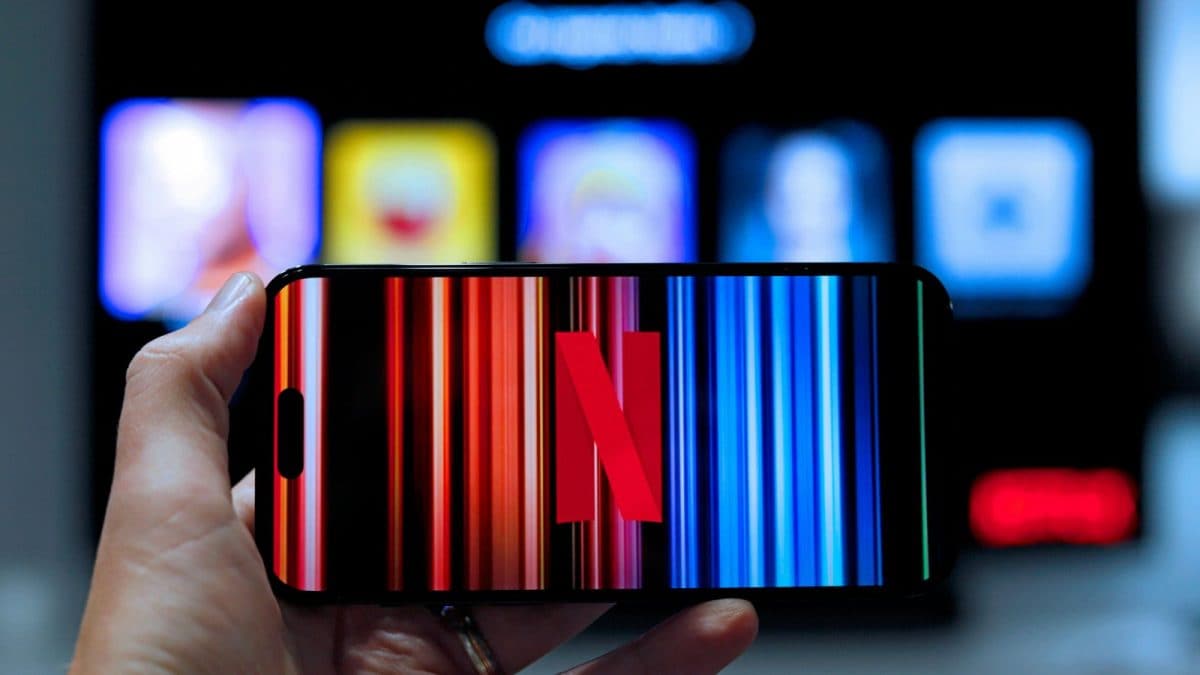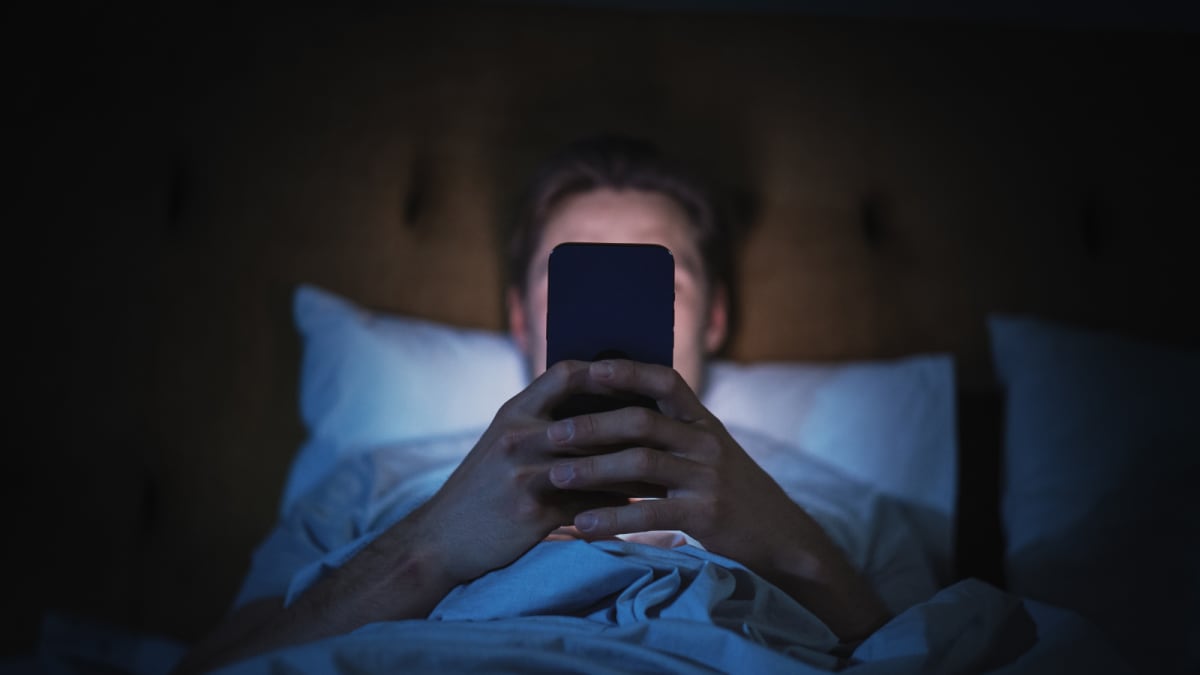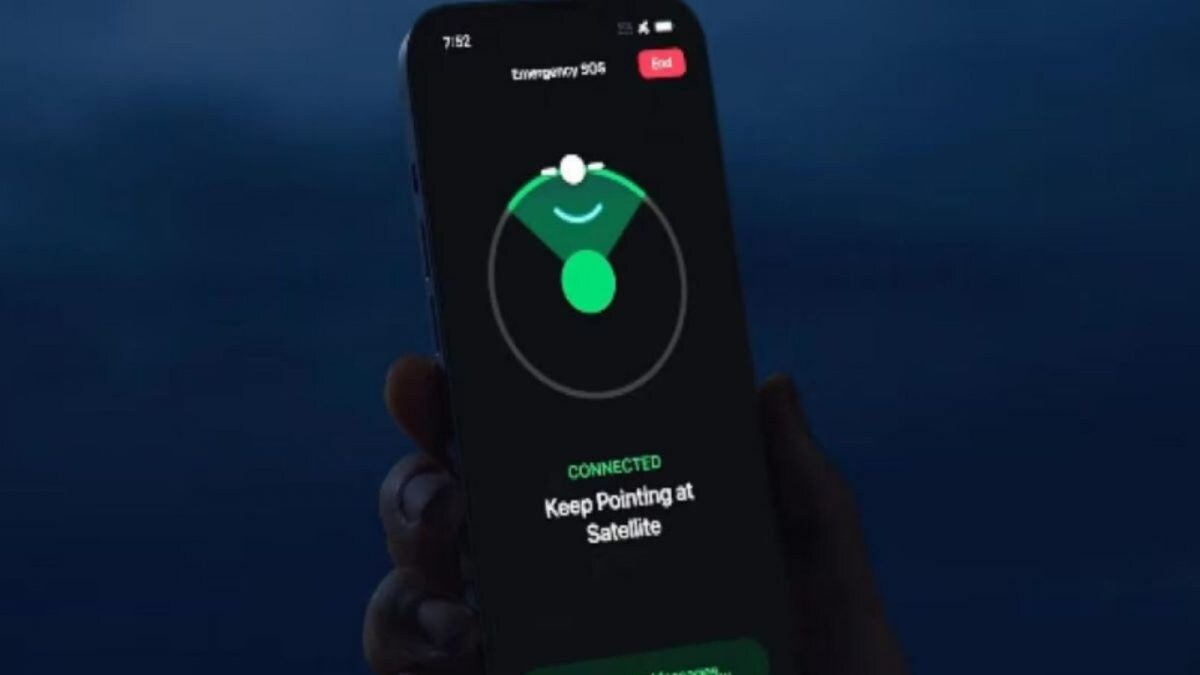Last Updated:November 18, 2025, 12:36 IST
AI-generated deepfake videos like the viral lion attack clip are fueling confusion and debate in India, prompting legal action and calls for stricter regulation of synthetic media

The clip, which begins as a lighthearted vlog of the woman filming what she believes to be a dog, turns horrifying when the animal suddenly attacks. (Instagram/@taii_vloger)
A wave of hyper-realistic AI-generated clips has been sweeping through social media, stirring shock and confusion. One such video, showing an elderly vlogger being dragged away by a lion she mistakes for a dog, has been making the rounds, triggering intense debate about digital manipulation and the growing menace of deepfakes.
The clip is entirely fabricated. But its virality reflects a broader problem; AI-altered visuals are becoming so sophisticated that many viewers struggle to tell genuine footage from synthetic creations. This has prompted fresh questions about the tools behind such content, the ways to detect manipulation, and the legal framework that governs its misuse in India.
What exactly are these fake AI videos?
Deepfakes, or synthetic videos generated through advanced machine-learning models, alter faces, voices or entire scenes to create convincing but false visuals. From adding a stranger’s face to an existing clip to stitching fabricated events onto real footage, the technology allows creators to produce content that appears authentic at first glance. These clips spread rapidly because people tend to share sensational visuals without verifying their source.
A staged clip from 2016 showing a lion attacking a hunting couple resurfaced recently as supposed “proof" of wild encounters. A fabricated video of a lion roaming inside a supermarket also circulated widely. Both relied on AI-driven tools to merge disparate elements into a seamless narrative.
Watch the viral video:
Which apps power these deepfakes?
A growing ecosystem of apps allows virtually anyone to generate doctored visuals, some free, others available at modest subscription rates.
Reface, FaceApp: Popular for swapping faces in existing videos. A creator can insert a woman’s face into a lion attack clip with minimal effort.DeepFaceLab, Faceswap: More sophisticated desktop applications capable of creating high-quality deepfakes, including alterations to voice, posture and expression.Lensa, Wombo: Primarily image-focused tools, but they can produce short, animated videos using neural networks such as GANs and diffusion models.While these apps have legitimate uses, from entertainment to digital art, misuse can result in legal consequences.
How can you identify a fake AI video?
Although newer deepfakes appear increasingly flawless, experts say they still contain tell-tale markers. Fact-checking specialist Jatin Gandhi notes that viewers can detect manipulation by paying attention to inconsistencies.
Visual mismatches: The face may not blend naturally with the body. Eye movements can seem mechanical. Lips may appear discoloured or out of sync with speech. In action scenes, body motion often feels rigid.Lighting and shadows: In synthetic videos, the lighting on the face can differ subtly from the surroundings. Shadows may fall at incorrect angles, and skin texture may look unnaturally smooth or patchy.Audio cues: Deepfake audio often lacks natural breathing rhythms or emotional variation. Artificial background noise may give it away.Digital verification tools:
Deepware Scanner can analyse a video for signs of manipulation.MIT Detect Fakes offers practice modules to train the eye.Deepfake Detector examines audio-visual integrity.Source verification: A reverse image search often exposes whether a viral clip has appeared earlier in a different context or originated from staged footage.
Experts estimate that these methods can help identify nearly 80% of commonly circulated deepfakes with practice.
What legal action applies in India?
India does not yet have a dedicated deepfake law, but existing legislation covers many forms of misuse.
Under the Bharatiya Nyaya Sanhita (BNS):
Sections 499-500 prescribe up to 2 years of imprisonment or a fine for defamatory content.Sections 465 and 469 address forgery and falsification of electronic records.Under the Information Technology Act, 2000:
Section 66D provides for up to 3 years of imprisonment and a fine for cheating or fraud using computer resources.The IT Rules, 2021, alongside government advisories issued in 2023, direct social media platforms to identify and curb synthetic media.Real cases highlight how seriously authorities treat such offences. Delhi Police registered an FIR after a deepfake of actor Rashmika Mandanna surfaced online. A court granted Anil Kapoor protection against unauthorised AI use of his image and voice. Aishwarya Rai Bachchan’s legal team initiated action against creators of deepfake content exploiting her likeness.
Victims can approach local cyber cells or report the content directly to platforms, which are obligated to take prompt corrective action. New regulatory proposals in the pipeline are expected to introduce mandatory labelling and traceability for AI-generated visuals.
Sensational deepfake clips, whether frightening or comical, are designed to provoke instant reactions. But as the technology becomes more accessible, viewers must treat viral visuals with caution. Apps that can fabricate a lion attacking a woman can just as easily distort reputations, fuel misinformation or cause public panic.
Follow News18 on Google. Join the fun, play QIK games on News18. Get latest technology updates, including phone launches, gadget reviews, AI advancements. Stay informed with breaking tech news, expert insights, and trends from India and around the world. Also Download the News18 App to stay updated.
First Published:
November 13, 2025, 16:30 IST
News tech Viral 'Lion Attack' Video Stuns Netizens: Which Apps Create AI Fakes, How To Detect Them
Disclaimer: Comments reflect users’ views, not News18’s. Please keep discussions respectful and constructive. Abusive, defamatory, or illegal comments will be removed. News18 may disable any comment at its discretion. By posting, you agree to our Terms of Use and Privacy Policy.
Read More

 2 hours ago
2 hours ago


















